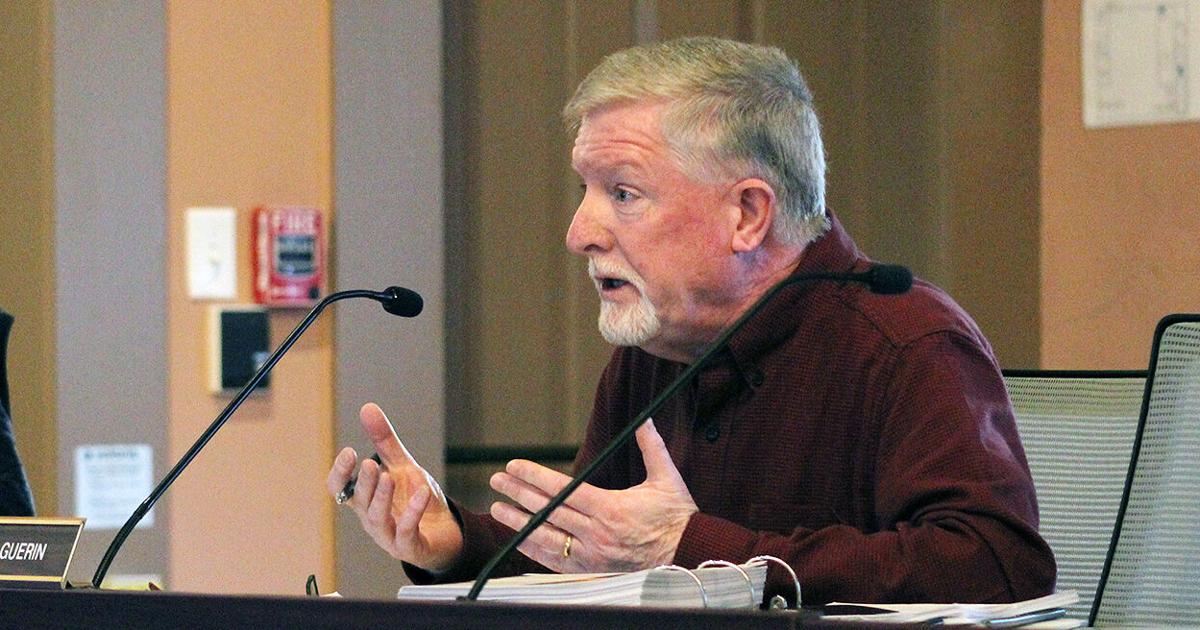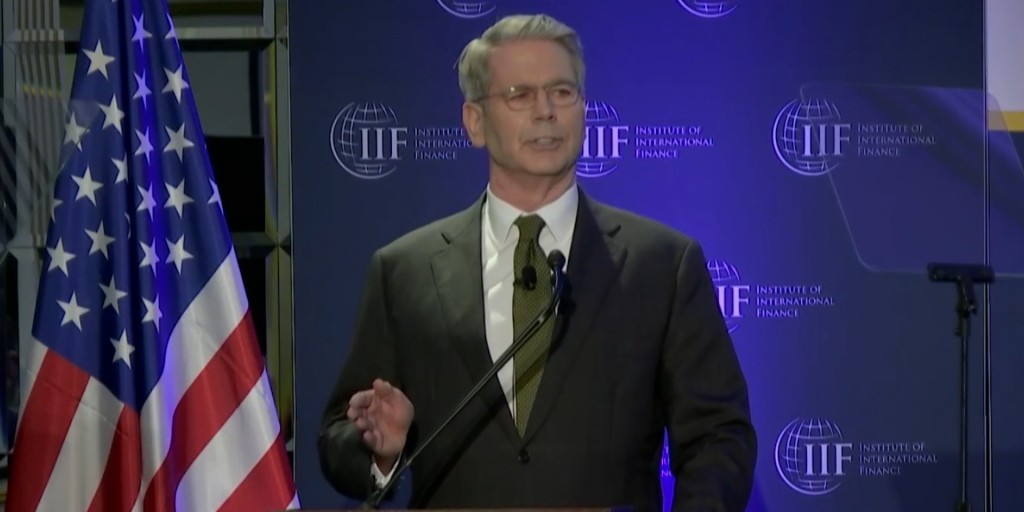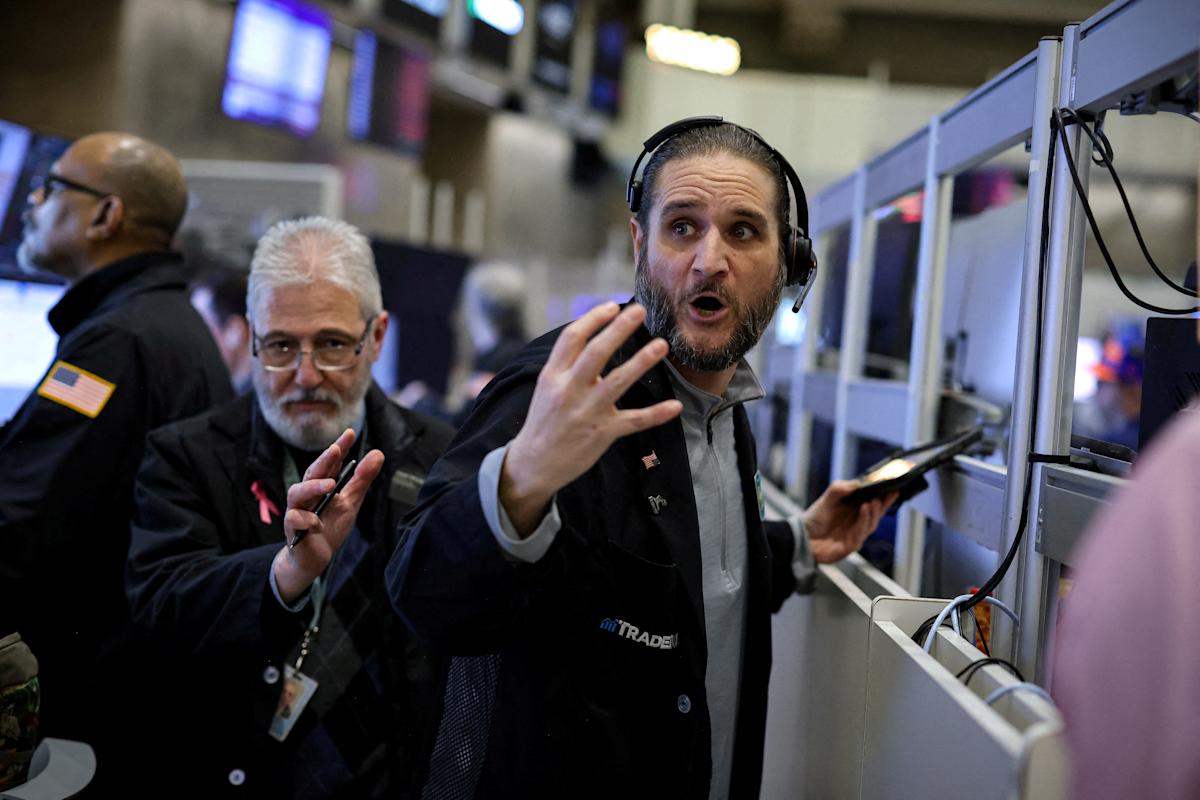Economic Shake-Up: Indonesia Prepares Major Cabinet Overhaul Amid Public Outcry

In a pivotal moment for Indonesia's political landscape, President Prabowo Subianto is preparing to unveil significant cabinet reshuffles, with particular focus on the critical finance ministry. This anticipated announcement comes on the heels of recent nationwide protests that erupted in violent demonstrations, highlighting the country's current political tensions.
Financial markets have already begun to react, with stocks and rupiah forwards experiencing volatile movements, initially showing promise before quickly erasing earlier gains. The potential cabinet changes signal a strategic response to the recent social unrest and economic challenges facing the nation.
Analysts and political observers are closely watching the upcoming cabinet announcement, speculating about potential leadership changes that could reshape Indonesia's economic and political direction. The timing of these potential modifications underscores the government's sensitivity to recent public sentiment and the urgent need for stability.
As the nation holds its breath, President Subianto's imminent cabinet reshuffle is expected to provide insights into his administration's approach to addressing the complex challenges confronting Indonesia in these turbulent times.








